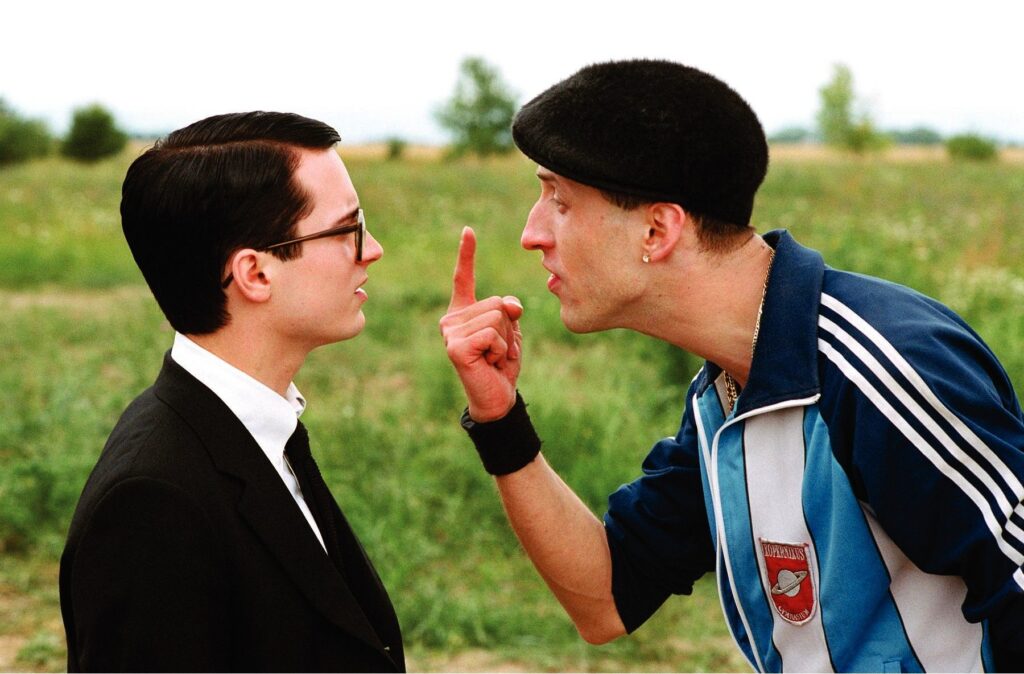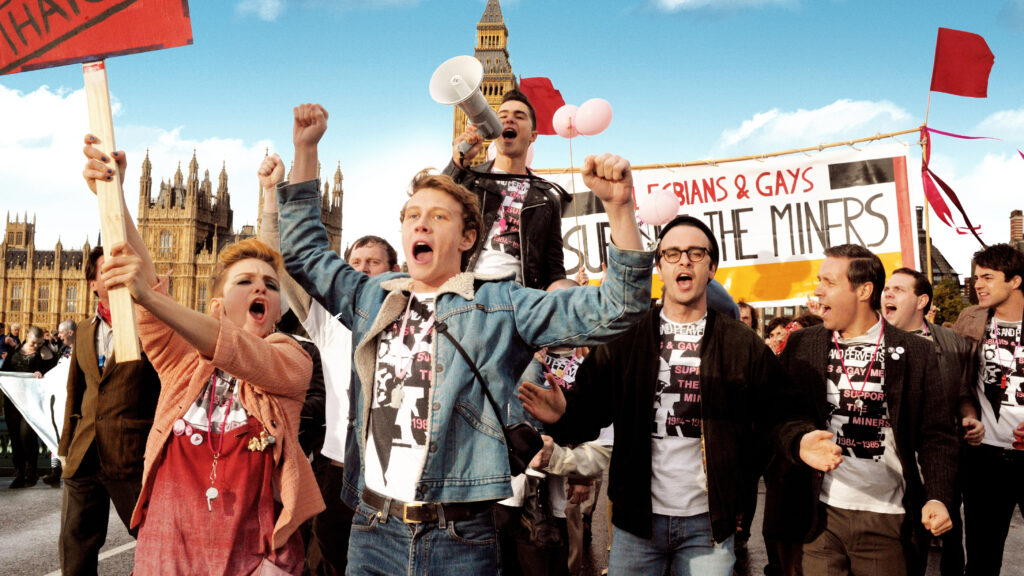
In the early aughts, Jonathan Safran Foer’s Everything Is Illuminated was an inescapable book, launching the young author’s career (and more than a few skeptics). Naturally, the film adaptation came along, though with the unexpected pedigree of cherished actor Liev Schreiber making his director debut. Starring Elijah Wood as a fictionalized version of Foer traveling to Ukraine to discover family truths buried by the Holocaust, the novel and film are a reflection on the lost history of shetls in Eastern Europe. But when the film arrived on the fall festival scene, underwhelming reviews
This episode, we talk about Elijah Wood’s post-Lord of the Rings career and the other films that have come from Foer’s writing. We also discuss the film arriving in the year of Schreiber’s Tony win, distributor Warner Independent’s successful 2005, and the National Board of Review’s 2005 picks for Special Recognition for Excellence in Filmmaking.
Topics also include emailing Natalie Portman, trailer voiceover, and the Blockbuster vs. Netflix discs era.
Follow Us on Twitter!
@Had_Oscar_Buzz
Joe: @joereid
Chris: @chrisvfeil
Podcast: Play in new window | Download
Subscribe: Google Podcasts | RSS



